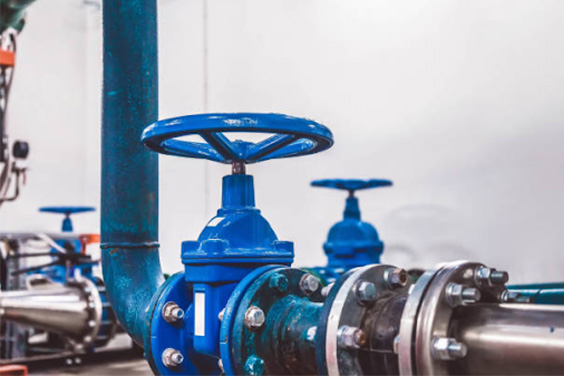-
Call Us
+91 8983836955 For Our Global Presence click here - Gut No - 324, MIDC Phase - II,
Chakan Industrial Area,
Village Bhamboli, Tal - Khed, Dist - Pune,
Maharashtra, INDIA - 410501

- August 17, 2023
- glove valve Ships valves valve valves
Understanding Glove Valves: Applications, Safety, and Benefits
In industrial valves, one type that plays a crucial role in various applications, especially in the shipping industry, is the glove valve. Glove valves, often referred to as ‘flexible wedge’ valves, are designed to offer precise flow control, exceptional sealing capabilities, and reliability in challenging environments. In this blog, we will delve into the fundamentals of glove valves, their applications, safety features, glove valves importance in the shipping industry, and the benefits they bring.
What is a Glove Valve?
A glove valve is a type of linear-motion valve that uses a flexible wedge, which resembles a glove, to control the flow of fluids. The wedge is designed to provide effective sealing between the valve body and the gate, ensuring minimal leakage and optimal flow control. This unique design allows glove valves to handle a wide range of pressures, temperatures, and fluid types.

Where and Why Are Glove Valves Used?
Glove valves find applications in various industries, including petrochemical, chemical, power generation, and maritime sectors. One of their standout features is their ability to handle both low and high-pressure systems, making them suitable for a wide array of fluid control applications. In the shipping industry, glove valves are particularly popular due to their reliability and versatility.
Safety Features and Importance
Safety is paramount in any industry, and glove valves are designed with safety in mind. Their tight sealing capabilities minimize the risk of fluid leaks, which can be hazardous in environments dealing with toxic or flammable substances. The glove design of the valve allows for precise control, reducing the chances of sudden pressure fluctuations that might compromise the integrity of the system. Moreover, glove valves are less prone to erosion and cavitation, further enhancing their safety.
Glove Valves in the Shipping Industry
The shipping industry relies heavily on various valves to maintain the safe and efficient operation of vessels. Glove valves are particularly favored due to their ability to handle demanding conditions often encountered in marine environments. These valves are used in systems involving ballast control, fuel distribution, cooling water, and even wastewater management. Their robust design ensures they can withstand the harsh conditions of sea voyages, making them a trusted choice in maritime applications.
Benefits of Glove Valves
- Precise Flow Control: Glove valves provide excellent control over fluid flow, allowing operators to fine-tune the process according to requirements.
- Sealing Performance: The flexible wedge design ensures tight sealing, reducing the risk of leakage and minimizing potential hazards.
- Versatility: Glove valves can handle a wide range of pressures and temperatures, making them adaptable to various industrial processes.
- Durability: The materials used in glove valves, such as stainless steel or corrosion-resistant alloys, enhance their lifespan and resistance to wear and tear.
- Reduced Maintenance: Their design minimizes the chances of erosion and cavitation, leading to less frequent maintenance and replacements.
- Reliability: Glove valves are known for their reliable performance, contributing to the overall efficiency of systems they are integrated into.
Conclusion
Glove valves are a vital component in fluid control systems across multiple industries, especially in the shipping sector. Their unique design, safety features, and versatility make them indispensable for processes requiring precise flow control, safety, and efficiency. As the maritime industry continues to evolve, glove valves will undoubtedly remain a key player in ensuring the smooth operation of vessels, offering benefits that extend beyond traditional valve solutions.
